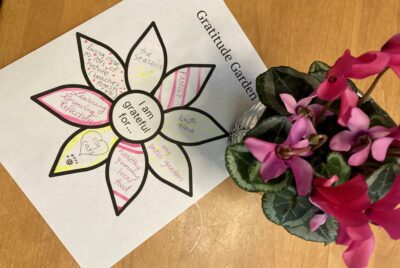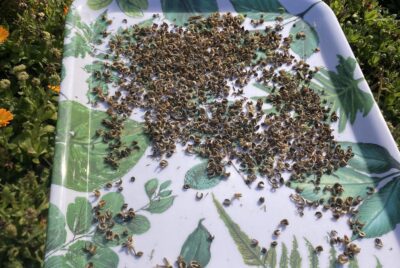RESEARCH
Horticultural Therapy Program for the Improvement of Attention and Sociality in Children with Intellectual Disabilities
Horticultural therapy improves social skills in children with intellectual disabilities, fostering cooperation, responsibility, and self-control through structured plant-based activities.
Program Types: Therapeutic
Population Groups: Neurodevelopmental Differences
Setting or Context: Healthcare Centre
Health and Wellness Outcomes: Improved Cognitive Function
Allied Profession Intersections: Education
Evidence Type: Case Studies
Measurement and Evaluation: Program Effectiveness
Access: Free
Print Form
Summary
A 6-month horticultural therapy (HT) program for 24 children (ages 7-9) with intellectual disabilities in South Korea assessed its impact on attention and social skills. While no significant improvement in attention was observed, children in the HT group showed notable gains in sociality, including self-assertion, self-control, and cooperation compared to the control group.
The program incorporated individual and group gardening activities, following B.F. Skinner’s behavior modification theory to reinforce positive behaviors. Teachers and parents reported significant improvements in social skills, suggesting HT as an effective intervention for social development in children with disabilities







